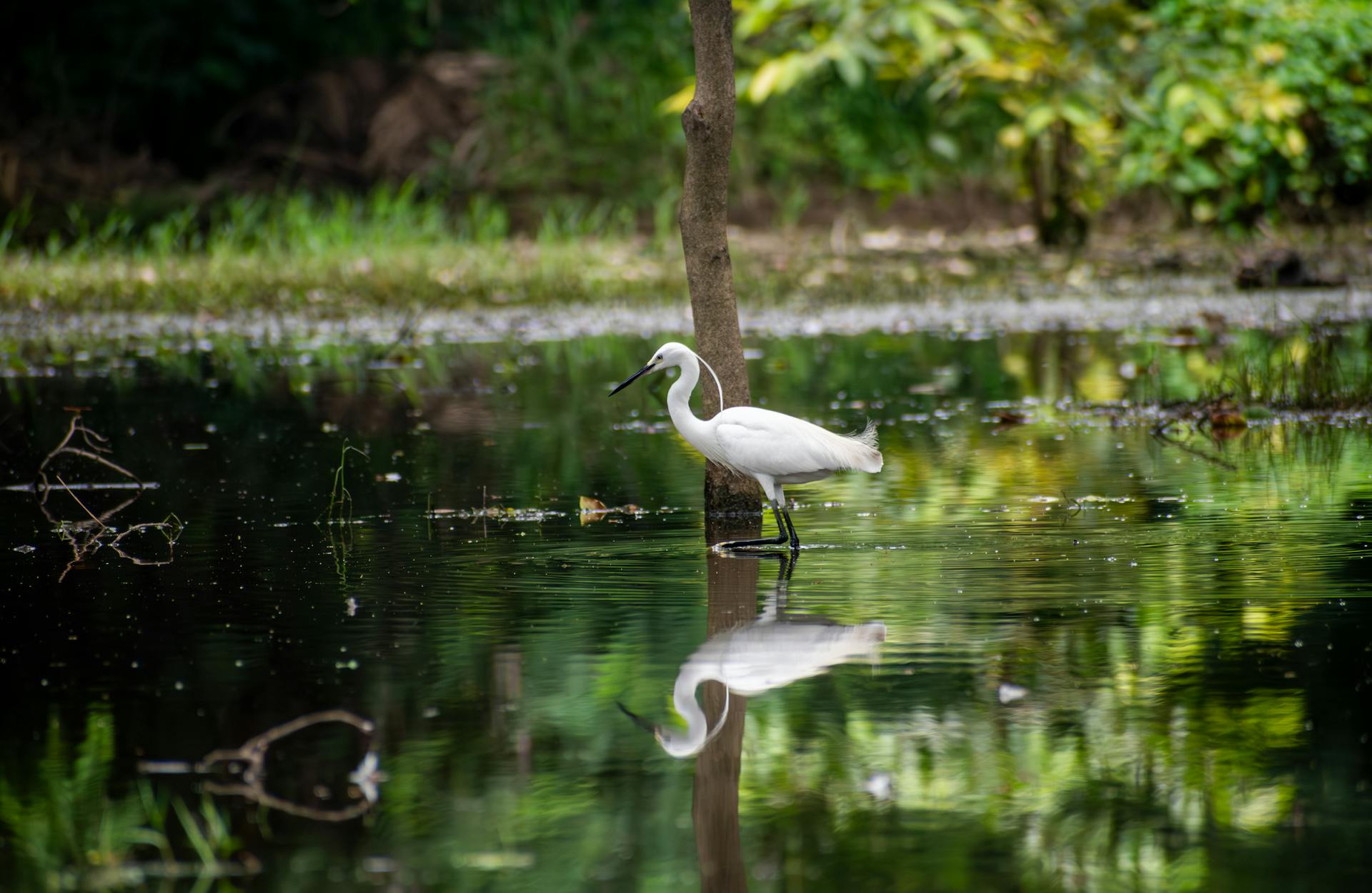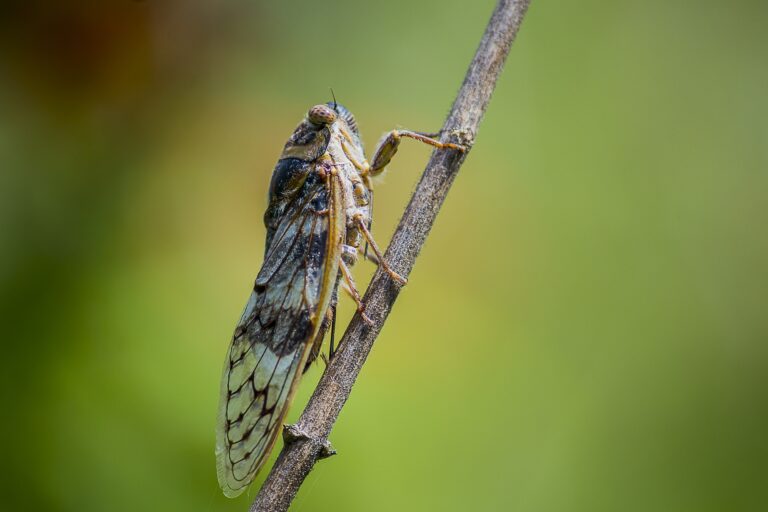Recently, Maggie Bruns, the executive director of Prairie Rivers Network, a nonprofit focused on clean water and river advocacy in Illinois, wrote an opinion piece published on May 3rd. In it, she argued against making 98% of the state’s waterways accessible to the public. She stressed that this could pose environmental risks and highlighted the importance of prioritizing conservation over recreational access.
Critical Habitats at Risk
Bruns started her argument by pointing out the ecological importance of Illinois’ 120,000 miles of rivers and streams. These bodies of water and their surrounding areas are essential habitats and pathways for many animals. They provide homes to diverse species including fish, frogs, otters, beavers, foxes, minks, eagles, ospreys, kingfishers, turtles, salamanders, and mud puppies. Allowing open access to these habitats might put their survival at risk.
Activities like boating, kayaking, fishing, swimming, and tubing could severely harm these ecosystems. The introduction of noise, pollution, chemical spills, bacteria, and trash would threaten the survival and health of these native species.
Environmental and Economic Costs
Apart from ecological damage, there are major economic issues to consider. Transforming these untouched areas to allow recreational activities involves significant alterations,
- Infrastructure Development, building piers, docks, and other facilities would require destroying natural riverbanks and paving over floodplains for parking lots and access roads.
- Maintenance Needs, installing lights, porta-potties, benches, and picnic tables would be necessary. These additions bring ongoing maintenance costs.
These changes lead to high initial costs as well as continuous expenses from state funds that taxpayers must cover.
Potential for Property Development
One aspect of this discussion is how riverfront properties might increase in value, which could lead to building large homes often called ‘McMansions.’ Property development can contribute positively to local economies, it often results in the damage or irreversible loss of natural landscapes and ecosystems.
Legal and Regulatory Considerations
The Illinois Rivers, Lakes, and Streams Act requires the Department of Natural Resources (DNR) to make sure waterways are accessible but also protected. Any proposed changes in legislation to increase public access might conflict with laws meant to keep private property rights secure and environmental standards enforced.
A Balanced Approach
The idea of making Illinois’ waterways more available for public usage aims at improving recreational activities and boosting the economy. However, we must consider both ecological implications and potential costs carefully.
Environmental impacts are significant when assessing whether long-term environmental consequences of increased human activity outweigh immediate gains.
Local Opinions and Actions
A balanced discussion is critical for residents and policymakers. Muriel Balla from Hyde Park proposes relaxing restrictions on waterway use while banning motorboats and other motorized water toys due to their loud noise and pollution.
Looking to Neighboring States
Wisconsin, Michigan, and Minnesota serve as examples where a balance has been found between recreational use and environmental protection. Illinois can learn from these states to develop plans that allow enjoyment without sacrificing natural resources.
Environmental Education and Public Awareness
Fostering environmental education and heightening public awareness are vital for promoting the importance of preserving natural resources.
Natural habitats are very important because they help shape public opinion and influence policy decisions. Educational campaigns can teach people about the roles of rivers and streams in the ecosystem and what could happen if they are harmed by recreational activities.
Community Involvement in Conservation Efforts
Getting the community involved in conservation can help protect these waterways better. Volunteer programs for cleaning up rivers, restoring habitats, and monitoring wildlife can get people actively involved in conserving natural resources, giving them a sense of duty and care for their environment.
Conclusion
As Illinois continues to discuss this issue, it’s important for the state to focus on maintaining the health of its water ecosystems for a long time. Although using these waterways for recreation brings economic and lifestyle benefits, preserving these natural resources is essential for keeping biodiversity and ensuring environmental sustainability.
This decision should reflect current needs and also think about the positive impact on future generations in Illinois.











+ There are no comments
Add yours